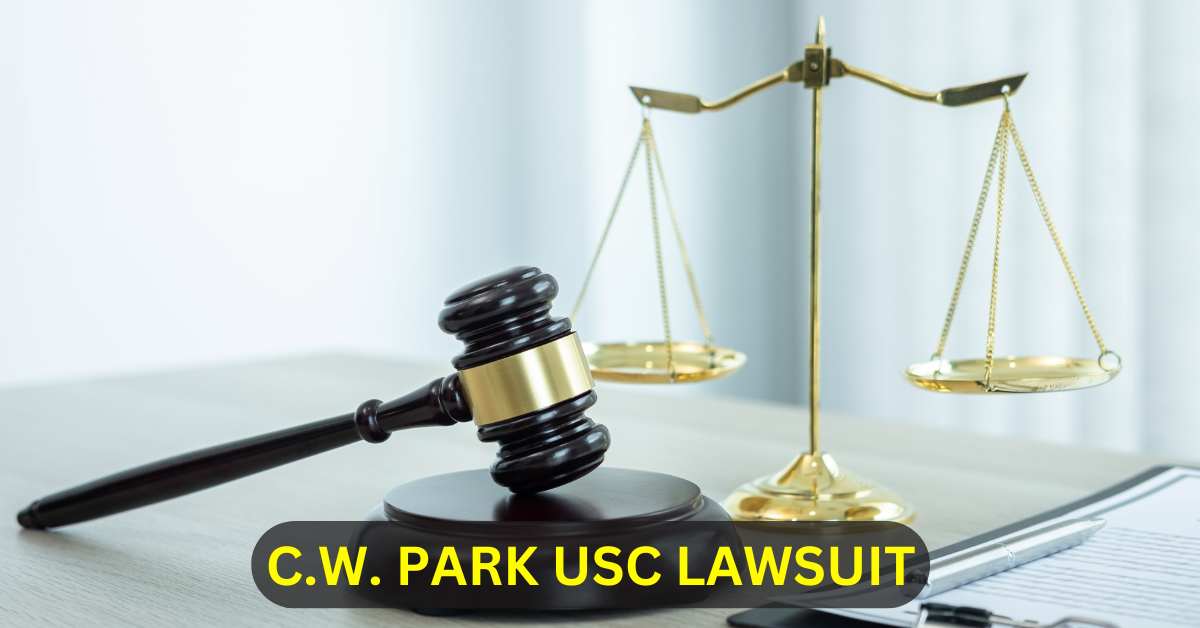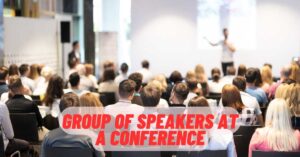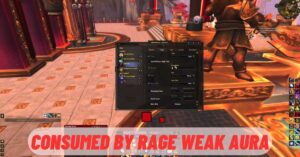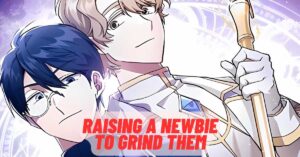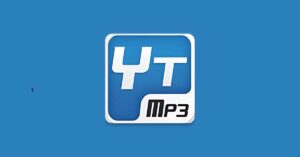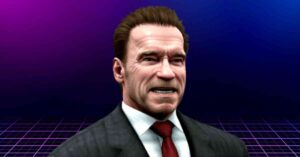Introduction
The C.W Park USC Lawsuit involves Dr. C.W. Park and the University of Southern California (USC) and has garnered significant attention in academic and legal circles. Dr. Park, a respected professor at USC’s Marshall School of Business, has filed a lawsuit alleging serious claims of academic misconduct, discrimination, and retaliation. This article delves into the intricate details of the case, exploring the allegations, the broader implications for academic institutions, and the potential outcomes of this legal battle.
Background oF Park USC Lawsuit of Dr. C.W. Park
Dr. C.W. Park is a distinguished scholar in the field of marketing, with a career that spans several decades. His expertise in consumer behavior and marketing research has earned him a reputation as one of the leading academics in his field. Dr. Park joined USC’s Marshall School of Business in 2013, bringing with him a wealth of experience and a strong academic record. His arrival at USC was seen as a significant boost to the university’s marketing department, and his contributions were expected to elevate the institution’s standing in the academic community.
The Onset of Conflict
Despite his initial success at USC, tensions soon began to arise between Dr. Park and certain colleagues within the Marshall School of Business. According to Dr. Park, these tensions stemmed from fundamental disagreements over academic integrity and the direction of certain research projects. As these disagreements escalated, Dr. Park began to notice what he perceived as unethical behavior among his colleagues, leading to the allegations that would later form the basis of his lawsuit.
Allegations of Academic Misconduct
Manipulation of Research Data
Central to the USC Lawsuit by C.W Park are allegations of academic misconduct, particularly the manipulation of research data. Dr. Park contends that certain individuals within the Marshall School of Business engaged in practices that compromised the integrity of academic research. These practices included altering data to produce more favorable research outcomes and ignoring or downplaying findings that did not support predetermined hypotheses. Such actions, if proven, would constitute a severe breach of academic ethics, calling into question the validity of the research produced by the individuals involved.
Intellectual Property Concerns
In addition to data manipulation, Dr. Park alleges that his intellectual property was stolen or misappropriated by colleagues. This includes research ideas, methodologies, and even entire projects that Dr. Park had developed over the course of his career. The theft of intellectual property is a serious accusation, as it not only undermines the individual’s contributions but also damages the collaborative nature of academic research. Dr. Park’s claims suggest a culture of opportunism within the Marshall School of Business, where the drive for recognition and career advancement may have led to unethical behavior.
Sabotage of Research Projects
Dr. Park also alleges that his research projects were actively sabotaged by certain colleagues, further hindering his ability to contribute to the academic community. This sabotage took various forms, including the deliberate withholding of resources, obstruction of research activities, and spreading of misinformation about Dr. Park’s work. Such actions, if true, would represent a concerted effort to undermine Dr. Park’s professional standing and academic output.
See Also: The Bench Craft Company Lawsuit: A Comprehensive Overview
Claims of Discrimination and Retaliation
Discrimination Based on Race and National Origin
In the USC lawsuit by C.W. Park, beyond academic misconduct, there are claims of discrimination based on race and national origin. Dr. Park, of Korean descent, asserts that colleagues and administrators treated him unfairly due to his background. This alleged discrimination included exclusion from key decisions, denial of opportunities, and a lack of respect for his contributions. Discrimination in academia is a serious issue, and Dr. Park’s claims raise crucial questions about the inclusivity and fairness of USC’s practices.
Retaliation for Whistleblowing
Dr. Park further alleges that he faced retaliation for speaking out against the unethical practices he observed. According to Dr. Park, his attempts to bring these issues to light were met with hostility and punitive actions from his superiors. This retaliation allegedly included denial of tenure, professional isolation, and the creation of a hostile work environment. Retaliation against whistleblowers is not only unethical but also illegal, and Dr. Park’s claims suggest a troubling lack of accountability within USC’s administration.
Institutional Oversight and Accountability
USC’s Response to C.W. Park USC Lawsuit
A critical aspect of Dr. Park’s C.W. Park USC Lawsuit is the role of institutional oversight in addressing his concerns. Dr. Park claims that despite raising his complaints through proper channels at USC, the university failed to act. This alleged oversight allowed unethical behavior to persist unchecked, fostering a culture of impunity within the Marshall School of Business.
The Broader Implications for Academic Institutions
The allegations raised by Dr. Park’s lawsuit have broader implications for academic institutions beyond USC. If proven, these claims highlight the potential for abuse of power and the erosion of academic integrity within higher education. The case underscores the importance of robust oversight mechanisms and the need for institutions to prioritize ethical behavior and accountability. As academic institutions continue to navigate complex challenges, the lessons from this lawsuit may serve as a catalyst for reform.
Legal Proceedings and Potential Outcomes of C.W. Park USC Lawsuit
The Legal Battle Unfolds
The c.w. park usc lawsuit has initiated a complex legal battle that is likely to unfold over several years. Both parties are expected to present extensive evidence to support their claims, and the case will likely involve testimony from various witnesses, including current and former USC employees. The outcome of the lawsuit will depend on the strength of the evidence presented and the ability of both sides to make a compelling case.
Potential Consequences for USC
If Dr. Park’s allegations are upheld in court, the consequences for USC could be significant. The university may face legal penalties, including financial damages, as well as reputational harm. In addition to the immediate impact on USC, the case could also lead to broader scrutiny of the university’s practices and policies, potentially resulting in changes to how the institution handles internal grievances and academic integrity issues.
The Human Cost of the Lawsuit
Dr. Park’s Professional and Personal Toll
While the legal aspects of the C.W. Park USC Lawsuit are important, it is also crucial to consider the human cost of the lawsuit. For Dr. Park, the legal battle has likely taken a significant toll on his professional and personal life. The stress of the lawsuit, combined with the challenges of continuing his academic work under difficult circumstances, has undoubtedly affected his well-being. Dr. Park’s experience serves as a reminder of the personal stakes involved in such legal battles and the impact they can have on individuals’ lives.
The Impact on the Academic Community
The C.W. Park USC Lawsuit has also had a broader impact on the academic community, both within USC and beyond. The case has sparked discussions about the challenges faced by academics in today’s competitive environment, particularly those related to ethical behavior, discrimination, and retaliation. These discussions are important for fostering a more inclusive and supportive academic culture, where all scholars can thrive without fear of misconduct or discrimination.
Moving Forward: Lessons and Recommendations
Strengthening Institutional Oversight
One of the key lessons from the C.W. Park USC Lawsuit is the importance of strong institutional oversight. Universities must have robust mechanisms in place to address allegations of misconduct, discrimination, and retaliation. This includes clear policies for reporting and investigating complaints, as well as transparent processes for holding individuals accountable. By strengthening oversight, academic institutions can create a more ethical and fair environment for all members of the community.
Promoting a Culture of Ethics and Integrity
In addition to improving oversight, it is also essential for universities to promote a culture of ethics and integrity. This involves fostering an environment where ethical behavior is valued and rewarded, and where individuals feel empowered to speak out against wrongdoing. Academic institutions should provide regular training on ethics and integrity, as well as create spaces for open dialogue about these issues. By prioritizing ethics, universities can ensure that academic integrity remains at the core of their mission.
Supporting Whistleblowers
Whistleblowers play a crucial role in uncovering misconduct and promoting accountability within organizations. However, as the C.W. Park lawsuit demonstrates, whistleblowers often face significant risks, including retaliation and professional harm. To support whistleblowers, universities should establish clear protections for individuals who come forward with concerns. This includes safeguarding their careers, providing legal support, and ensuring that their complaints are taken seriously. By supporting whistleblowers, institutions can encourage a culture of transparency and accountability.
Conclusion
The C.W. Park USC Lawsuit filed by Dr. C.W. Park against USC’s Marshall School of Business is a complex and multifaceted case that touches on critical issues within the academic community. The case highlights academic misconduct, discrimination, and their impact on institutional oversight. It raises critical questions about ethical standards in higher education.
As the legal battle progresses, the consequences for Dr. Park, USC, and the academic community could be significant. This case underscores the importance of ethics, integrity, and accountability in academia. It also emphasizes the need for institutions to foster a fair and supportive environment for all scholars.

